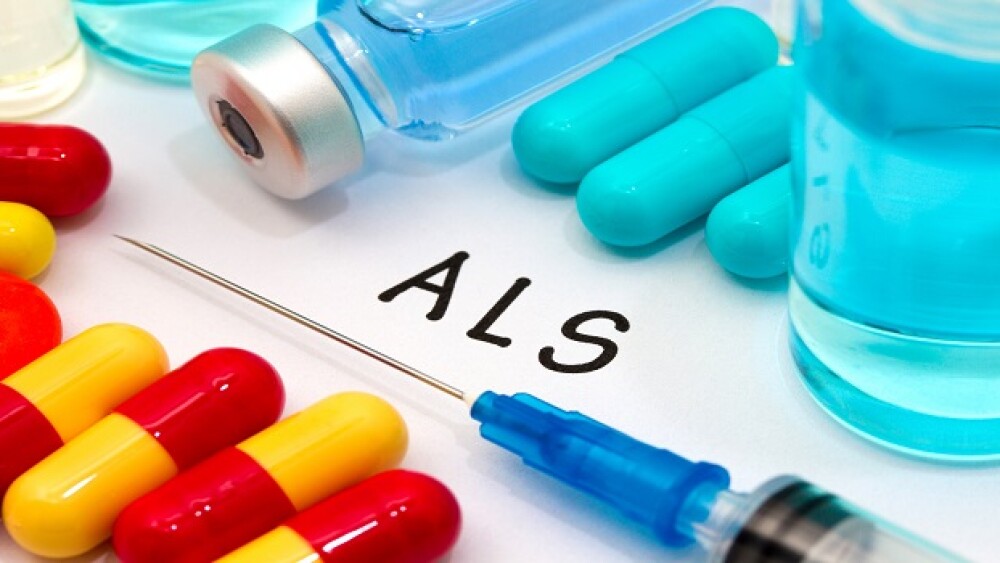Less than a week after floating the idea of offering its experimental ALS therapy NurOwn to patients under the recently-passed Right-to-Try legislation, Israel-based BrainStorm Cell Therapeutics has reversed course.
Less than a week after floating the idea of offering its experimental amyotrophic lateral sclerosis therapy NurOwn to patients under the recently-passed Right-to-Try legislation, Israel-based BrainStorm Cell Therapeutics has reversed course.
Last week Brainstorm Chief Executive Officer Chaim Lebovits told Bloomberg that the company was exploring the option of establishing a small for-profit enterprise for the potential sale of the Phase III treatment to ALS patients. The company said the drug could be sold for more than $300,000 to patients – all out-of-pocket, as insurance companies are unlikely to pay for an as-yet unapproved treatment. This morning though the company is backtracking. Brainstorm said following “careful evaluation” of the Right-to-Try legislation, it will not make NurOwn available “at this time.” Instead, the company will focus its efforts on completing the Phase III trial in order to bring the treatment through regulatory hurdles and then to market as a “meaningful treatment option to amyotrophic lateral sclerosis (ALS) patients.”
The primary reason the company said it would not follow through on its initial plan was due to concerns over the out-of-pocket expense for the drug – an expense that could have led to bankruptcy or impoverishment for some families.
Before it would allow NurOwn to be sold through the Right-to-Try legislation, Brainstorm said it established a framework with four key elements that must be satisfied in order to provide NurOwn under the Right-to-Try pathway. Under its plan, Brainstorm said it will have to ensure the patients can be treated at “clinical trial-experienced sites” to ensure proper administration of the medication and care of the patient. The second key is to ensure patients understand the benefits and risks associated with taking an experimental treatment. Third, the company said it would limit the inclusion of those who could try the drug to patients who do not meet the Phase III clinical trial inclusion criteria. That will ensure that those who do take the drug will not “adversely impact the clinical trial.” Lastly, the company said it will attempt to find alternative funding solutions for patients who would be unable to afford the high cost of regenerative medicine cell therapies.
It was that fourth element that the company said it has yet to be able to meet. Because there is no practical funding mechanism, Brainstorm said it will not provide NurOwn under Right-to-Try.
“We feel a tremendous sense of urgency and responsibility to provide an ethical, compassionate, and well-reasoned practical response to the demand for NurOwn and have worked tirelessly with patients and other stakeholders to find a solution,” Lebovits said in a statement this morning. “As we were unable to identify a practical funding solution, we, unfortunately, are not in a position to initiate access to NurOwn under RTT at this time.”
Similar to CAR-T therapies, BrainStorm’s NurOwn uses a patient’s own cells which have been engineered outside the body, to produce and secrete factors known to promote neuronal survival. NurOwn has the potential to be the first ALS treatment to improve patient functioning as a regenerative medicine. In 2016 NurOwn hit the primary objective, as well as multiple secondary objectives in a Phase II ALS trial. A majority of trial participants had slowing of progression of the disease. However, the company noted that repeated dosing of the bespoke treatment was warranted.





